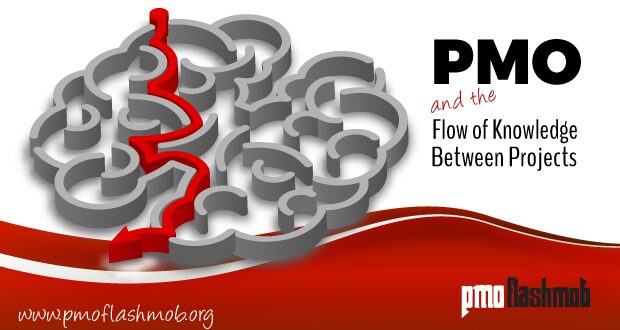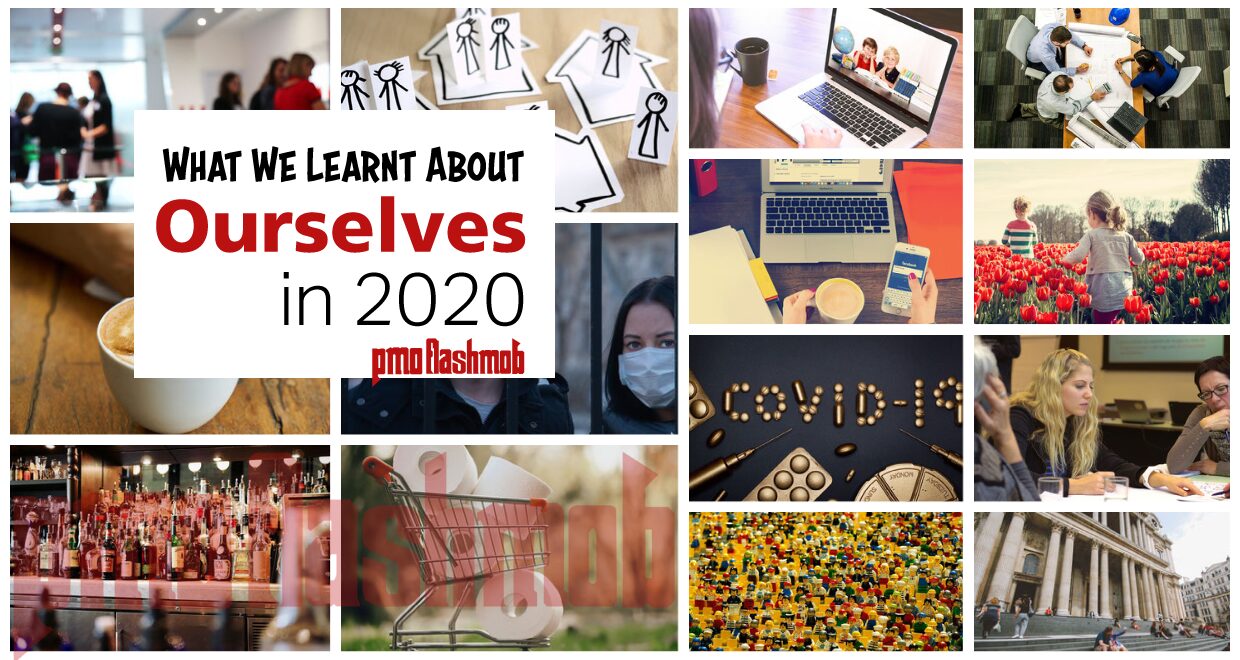Go to article

According to the poll taken during this session on Lessons Learnt About Lessons Learnt, only 50% of projects in our participant's organisations have a lessons learnt approach as part of their project management delivery methods. Personally, I was surprised at how low that was.
You can't deny that learning lessons from everything we do - in our own lives as well as at work - just makes sense. Taking the time to think about and reflect on how we've done something - whether that's successful or not - should mean we come at a similar or related challenge in the future just that little bit wiser about how we'll tackle it.
Projects and project management are ripe for insights and little nuggets that help smooth the path for future projects - after all, the methods and ways of working in project management have all come from someone's previous lessons on what has worked and what definitely hasn't.
In this PMO Flashmob session about Lessons Learnt, we heard from PMO professional Ken Burrell. Ken is passionate about Lessons Learnt, so much so he wrote a book on it -Learning Lessons from Projects: How it works, why it goes wrong, and how you can do it better - so who better to help PMO professionals understand more about what we can be doing to better support our organisations in this area of Knowledge Management.
Go to article

It's always good to find out what the latest insights are from research papers based on PMO themes. In this article we take a look at the paper, The Role Played by PMOs in the Transfer of Knowledge Between Projects from the Department of Engineering and Technology Management, University of Pretoria, South Africa published in 2018.
The paper presents a conceptual framework with the promise of further research to come which will look at the empirical results (the realities).
The argument is that projects are focused on the short-term goals, and rightly so, however, we can learn lessons and gain knowledge from carrying out these projects that should benefit the long-term goals of the organisation. The argument is old - how can we really learn the lessons of previous projects to help us deliver future projects better.
The paper presents the PMO as being the function ideally placed within an organisation to play an important role in supporting and facilitating the flow of knowledge between projects. The PMO can be seen as a catalyst - interestingly there are three definitions of catalyst that could all apply, you choose:
something that causes activity between two or more persons or forces without itself being affected.
a person or thing that precipitates an event or change.
a person whose talk, enthusiasm, or energy causes others to be more friendly, enthusiastic, or energetic.
The PMO acts as a catalyst that moderate and mediate the transfer of knowledge between projects. In the rest of the article, we take a look at the role of the PMO in moderating and mediating plus take a deeper look at the research findings.
Go to article

In this article we're not delving too far into what PMO professionals have learnt about themselves in 2020 - it's more about a session we ran just before Christmas at our virtual party in Qube.
We had chance to do a short retrospective - hopefully that's something you'll also be doing too to uncover the many lessons we've learnt over the last extraordinary year.
Using a virtual world like Qube allowed us to gather around a whiteboard to use a specific technique to help draw out what we've learnt during 2020 about ourselves.
The technique - called LearnBySharing™ - is also one you could use in any lessons learnt session, either inperson or virtually using Zoom, Teams or anything else you're using to stay connected.
Go to article

We had the first PMO Lab at the April PMO Flashmob held at Parliament UK. The PMO Lab is all about getting deeper into the themes that are explored in the Inside PMO Reports. It’s an opportunity for the community to learn from each other too. Over the next week we’ll be sharing the lab results from the session in a series of posts.
The sessions were about exploring PMO KPIs, Metrics and Measures. It wasn’t about coming up with a load of different measures and metrics, it was more about exploring themes around that – perhaps there are different ways of thinking about this – or maybe people have some models or processes to share. We didn’t know what we would come up with.
At the session there were different lab benches with different areas of related subjects being looked at, prodded and poked to see what came out.
Donning the white coat, we looked at Continuous Improvement.
Here's Ken Burrell giving us a run-through of what they learnt:
My table focussed on “Continuous Improvement in PMO” (and the metrics and measures around that) and the discussion was prompted by the following questions:
When we talk about continuous improvement in the PMO - what do we mean?
Improvement in the PMO services (in which case how do we know what we are doing is an improvement?)
Improvement in the project results?
Improvement in the Business results?
What is the impact of perspective (portfolio board vs sponsor)?
Does it help to know where the improvements come from (e.g. Suggestions box, training, LL)?
Does it help to measure SLAs?
Where does the data come from?
What if there is no data currently?
Go to article
